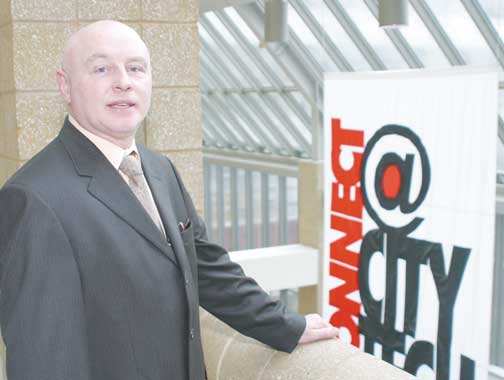The Benefits Of Credit Unions

Professor Patrick O'Halloran
By Professor Patrick O'Halloran
Credit unions have been in business since 1935. They are not-for-profit cooperative financial institutions, created by people with a common affiliation, such as belonging to a labor union, an association or even people working or living in the same area. Initially credit unions were designed to benefit people who were not being served by banks, such as those who were not approved for bank loans. Today, however, credit unions have become widespread. There are nearly 10,000 credit unions in the United States with combined assets of more than $800 billion. Credit unions are able to surpass banks in nearly all categories of loan interest rates because they are non profit and as a result do not have to pay taxes.
The National Credit Union Administration, an agency of the federal government, regulates credit unions which are federal or state chartered and must adhere to strict guidelines. Most credit unions have deposits of up to $100,000 insured through the NCUA.
The following are some of the benefits for choosing a credit union:
- Nonprofit status: For profit banks and other lending institutions are looking for a return on an investment when one takes out a loan. Credit unions, however, have no stockholders looking for a return on their investment.
- Member owned: Every person with an account at a credit union is a member and this makes you a partial owner of your credit union. You will get to vote on who you want to serve on the Board of Directors. The board will help guide the direction of the credit union. This means you can provide input about what financial services you would like the credit union to offer.
- Inclusiveness: Credit Unions have long-standing reputations for allowing spouses, siblings and children of members to join.
- Selection of Financial Services: Through your credit union you can open checking, savings and money market accounts with direct deposit and wire transfer capability.
- Better Interest Rates and Lower Fees: Credit unions offer higher interest rates on your savings, money market and CD deposits than you can typically find at banks. They also offer lower interest rates on your mortgage, auto loans and credit cards. These better interest rates are a result of the nonprofit arrangement in which credit unions pass profits back to the members in the form of "better interest rates".
- Funds returned to members: If there are excess funds, they are generally returned to the members in the form of dividends
- Easy to join: You need only ask your employer, family members or neighbors about credit unions that they may be a part of. The process is then fairly simple. Minimum balances are usually very low.
- Excellent Customer Service: Since each customer of the credit union is also a member, the customer service level at credit unions is known to be excellent. In an American Banker Gallup Poll, credit unions consistently ranked higher in customer service than banks.
Considerations
- Credit unions typically have few branch offices and few if any ATMs. To circumvent the ATM problem many credit unions have formed networks of surcharge free ATMs that members can use.
- Not all credit unions are insured. The National Credit Union Administration insures roughly 97% of credit union member deposits up to $100,000 but a few credit unions remain uninsured. Before signing up with a credit union, ensure that it is insured.
Finally, the greatest advantage to you as a consumer is having another option to choose from in the financial service marketplace. I encourage you to check out the credit union to see how it compares with your current financial institution and from there you should make your decision.
Professor Patrick O'Halloran teaches at New York City College of Technology in Brooklyn. His latest book is titled Detailed Job Descriptions in the Hospitality Industry. His email address is pohalloran@citytech.cuny.edu
New York City College of Technology (City Tech) of the City University of New York (CUNY) is the largest public college of technology in New York State. Located at 300 Jay Street in downtown Brooklyn, the college enrolls more than 14,000 students in 60 baccalaureate, associate and specialized certificate programs. An additional 15,000 annually enroll in Continuing Education and Workforce Development Programs.
|














